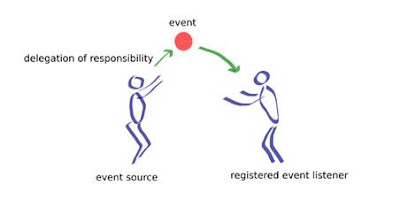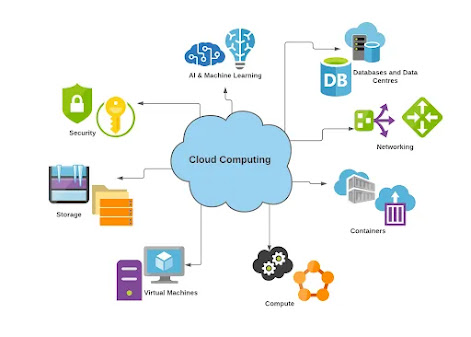Core Java Connectivity with MySQL Part 1
JDBC Connectivity Code with MySQL
STEP 1. Import required packages
STEP 2: Register JDBC driver
STEP 3: Open a connection
STEP 4: Execute a query
STEP 5: Extract data from result set
STEP 6: Clean-up environment
You need to have JDK and Eclipse in your computer. Also driver jar file for MySQL.
This program is to fetch all records from table and display it.
Here i have created
database : test
Table : emp (id, name, city)
//STEP 1. Import required packages
import java.sql.*;
public class FirstExample
{
// JDBC driver name and database URL
static final String JDBC_DRIVER = "com.mysql.jdbc.Driver";
static final String DB_URL = "jdbc:mysql://localhost/test";
// Database credentials
static final String USER = "root";
static final String PASS = "";
public static void main(String[] args) {
Connection conn = null;
Statement stmt = null;
try{
//STEP 2: Register JDBC driver
Class.forName("com.mysql.jdbc.Driver");
//STEP 3: Open a connection
System.out.println("Connecting to database...");
conn = DriverManager.getConnection(DB_URL,USER,PASS);
//STEP 4: Execute a query
System.out.println("Creating statement...");
stmt = conn.createStatement();
String sql;
sql = "SELECT id, name, city FROM emp";
ResultSet rs = stmt.executeQuery(sql);
//STEP 5: Extract data from result set
while(rs.next())
{
//Retrieve by column name
int id = rs.getInt("id");
String name = rs.getString("name");
String city = rs.getString("city");
//Display values
System.out.print("ID: " + id);
System.out.print(", Name: " + name);
System.out.println(", City: " + city);
}
//STEP 6: Clean-up environment
rs.close();
stmt.close();
conn.close();
}
catch(SQLException se){
//Handle errors for JDBC
se.printStackTrace();
}
catch(Exception e){
//Handle errors for Class.forName
e.printStackTrace();
}
finally{
//finally block used to close resources
try{
if(stmt!=null)
stmt.close();
if(conn!=null)
conn.close();
}catch(SQLException se){
se.printStackTrace();
}//end finally try
}//end try
System.out.println("Goodbye!");
}//end main
}//end FirstExample
--------------------------------------------------------------------------------------------------------------------------
import java.sql.*;
class MysqlCon{
public static void main(String args[]){
try{
Class.forName("com.mysql.jdbc.Driver");
Connection con=DriverManager.getConnection("jdbc:mysql://localhost:3306/test","root","");
//here test is the database name, root is the username and password is blank ("")
Statement stmt=con.createStatement();
ResultSet rs=stmt.executeQuery("select * from emp");
//emp is table name having 3 column
while(rs.next())
System.out.println(rs.getInt(1)+" "+rs.getString(2)+" "+rs.getString(3));
con.close();
}catch(Exception e){ System.out.println(e);}
}
}



Comments
Post a Comment